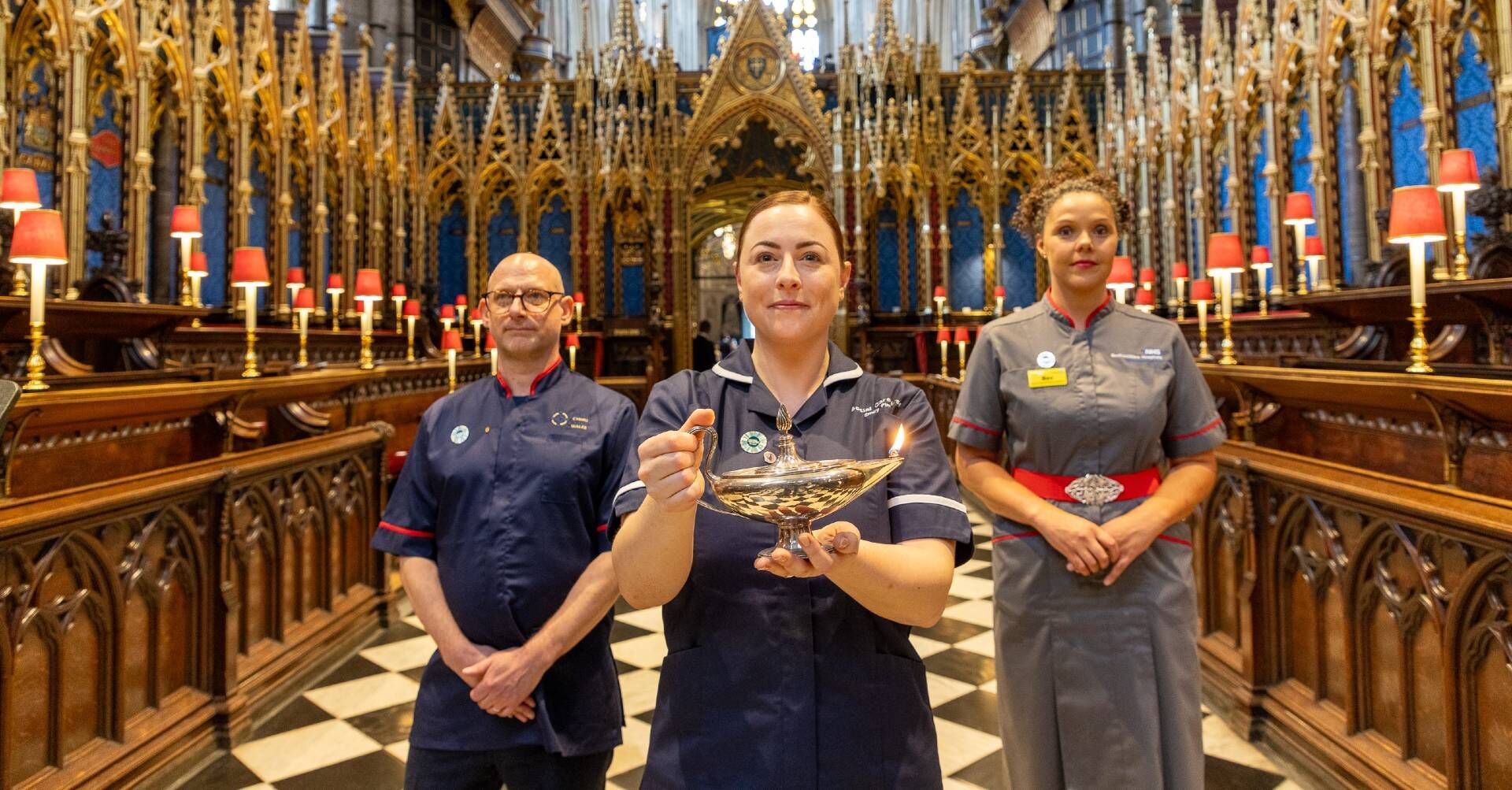Exclusive: Ensuring nurses working in primary care settings have ‘appropriate titles’ and receive strong investment are among the key calls of nursing leaders ahead of International Nurses Day.
To mark the annual day of celebration, which falls on Florence Nightingale’s birthday on 12 May, Nursing in Practice has spoken to sector leaders about this year’s theme of the ‘economic power of care’ and what this means within primary care.
Howard Catton, chief executive of the International Council of Nurses (ICN) – which sets the theme for the day – said that a lack of recognition around the need to invest in primary and community care nursing was a ‘fundamentally flawed approach’.
Through its theme for 2024, the ICN is highlighting the ‘social undervaluation’ and ‘financial constraints’ within nursing.
And it is aiming to ‘reshape perceptions’ and show how ‘strategic investment’ can bring major economic benefits to nurses, patients and the wider economy.
‘The world is consistently not investing enough in the nursing workforce,’ Mr Catton told Nursing in Practice, adding that ‘investment in nursing is very good for national economics, for global prosperity, recovery and growth’.
‘Nurses who work outside of hospitals, in general practice and other settings, are the people who are the future of meeting health needs and ensuring people have access to health care,’ he said.
‘So, not recognising the need for investment in this nursing is a fundamentally flawed approach.’
Mr Catton’s comments come at a time where almost half of general practice nurses (GPNs) in England went without a pay rise last year, despite a 6% increase promised by the government last summer.
As reported in our GPN Manifesto for 2024, many GPNs do not have the same pay or terms and conditions as their secondary care colleagues, leading to GPNs speaking out against a ‘postcode lottery’ in pay.
Latest data from NHS England (NHSE) shows that of all general practice appointments in March 2024, 45% were carried out by a GP and 20% were carried out by nurses.
Despite their major contribution, many GPNs are paid less than other colleagues working in primary care.
A recent report from the Queen’s Nursing Institute (QNI) found GPNs were ‘expected’ to supervise and train colleagues such as nursing associates, despite being paid less than them in many cases.
For Mr Catton, ensuring primary care nurses have ‘appropriate titles’ and opportunities for career progression would go some way in showing how the economic value of their work is recognised.
‘We need to show that their work is being recognised and encouraged as an opportunity for growth and development,’ he said.
‘We should be having these conversations about investment in nursing in terms of innovation, improvement, developing patient experiences and care, and providing quality service.
‘Primary health care is the road to universal health coverage and that road is paved by nurses.’
Dr Crystal Oldman, chief executive of the QNI, believes more discussion is needed on the preventive and long-term work that GPNs provide in the community to support patients and reduce the economic burden on secondary care services.
‘It’s not part of our nursing narrative to talk about how much we contribute to the bottom line, but it should be,’ she told Nursing in Practice.
‘We focus on delivering care for the patient and don’t focus on A, what it costs to deliver that service, and B, what are the economic contributions that the service provides – especially in terms of the economic health of the community that we’re serving,’ Dr Oldman said.
She explained how GPNs are closer to the ‘economics of care’ than other nurses, because they deliver specific areas of a GP contract which generate income for practices.
Despite this, Dr Oldman warned of ‘a real issue’ in nursing, in that ‘we don’t have specific gateways to enter specific levels in nursing in the same way that doctors do’.
‘There is no gateway, there is no career pathway, where you have to undergo certain training and have to undergo the exams, and the assessments and the practise assignments in order to go to the next stage and we’re really missing out something there,’ she said.
She added that this contributes to the belief that ‘nurses can work anywhere’ or ‘just transfer their skills’ which adds to their sense of being undervalued and overlooked.
‘We have all of these fantastic qualifications and clinical skills and it’s hard to articulate them because we don’t actually have to have them for the job,’ she said.
Meanwhile, Professor James Buchan, senior fellow at The Health Foundation, said the range of skills and roles involved in primary care is key to its cost-effectiveness and economic value.
‘You’re more likely to benefit as a population when a health system provides help built on primary care – primary care based on teams with the right kind of skills and experience to ensure that at a local level, as much as possible, the population receives the care it requires without being referred on,’ he told Nursing in Practice.
Professor Buchan described primary care services as ‘anchor institutions’ which are an ‘engine for local, gainful employment’.
He explained: ‘The benefits of investment in primary care are that you are focusing health care provision partly in the preventative health space but also in the first contact space with the local population, and that’s where you should be marshalling your resources to try and ensure you’re getting as good a return on funding in the healthcare sector.’
In addition, Professor Buchan suggested nurse practitioners could be more ‘cost effective’ than GPs for ‘some services’.
‘They tend to spend more time with individual patients, they are good at listening, good at communicating, less expensive and take less time to train,’ he said.
Today the ICN published a report highlighting ‘the immense economic and societal contributions that nurses make every day’, as well as the need to increase the primary care nursing workforce and the services they provide.







